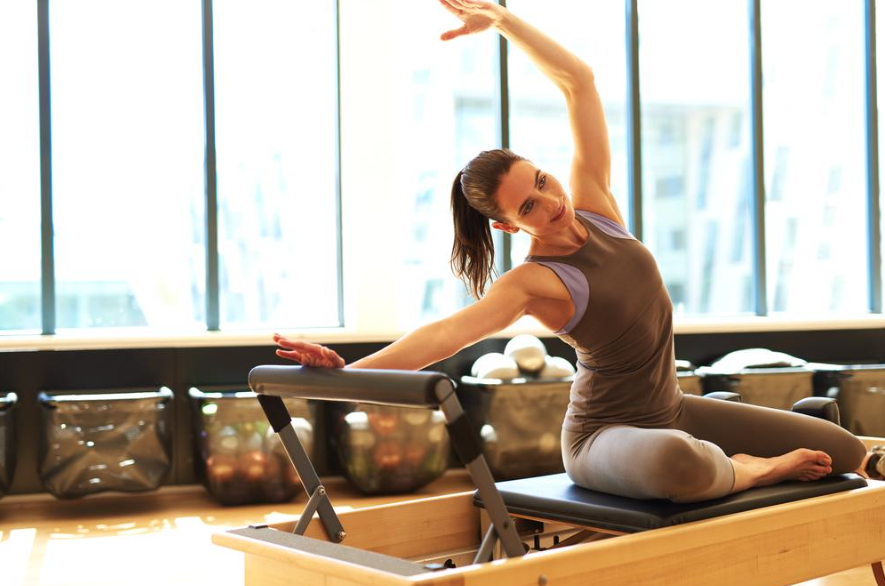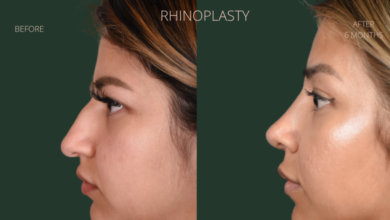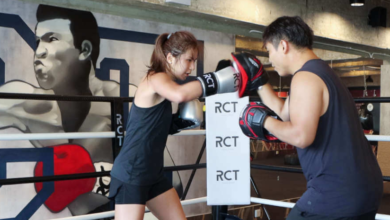
A Complete Guide to Commercial Pilates Reformer Equipment
As fitness routines continue to evolve, Pilates has carved out a permanent space in wellness studios and gyms around the world. Its unique combination of low-impact movement, core activation, and full-body engagement appeals to a diverse audience—from beginners to athletes and rehabilitation patients. For business owners looking to expand their offerings, investing in commercial pilates reformer equipment can significantly elevate client experience and business profitability. This article offers a comprehensive breakdown of what to look for, why it matters, and how to make the best decision for your studio or fitness center.
What Sets Commercial Reformer Equipment Apart?
Not all Pilates reformers are created equally. What separates Commercial Pilates Reformer Equipment from home-use versions is the quality of materials, structural stability, and the ability to handle repeated, intense usage without compromising on performance.
In a commercial setting, you need reformers that are:
- Highly durable
- Easily adjustable
- User-friendly for various body types
- Safe and comfortable for continuous use
Buying home-grade equipment for a studio can lead to increased wear and tear, maintenance issues, and even client dissatisfaction due to limited functionality.
Must-Have Features in Commercial Reformers
When selecting commercial pilates reformer equipment, several features must be considered to ensure maximum versatility and longevity:
1. Sturdy Frame Construction
Look for equipment made from stainless steel, anodized aluminum, or premium wood. These materials not only ensure structural strength but also add a professional aesthetic to your studio. A strong frame also reduces vibration and keeps the reformer stable during high-resistance exercises.
2. Multiple Spring Resistance Levels
Commercial reformers generally include 4 to 5 color-coded springs offering different resistance levels. This allows instructors to customize workouts based on the client’s fitness level, injury status, or specific training goal.
3. Adjustable Components
Footbars, headrests, shoulder blocks, and straps should be fully adjustable to accommodate different body types. This ensures correct alignment and safety across various exercises.
4. Smooth Carriage Travel
The carriage should glide effortlessly along rails with minimal noise. Reformers equipped with high-quality wheels and precision bearings provide smoother motion, enhancing the overall workout experience.
5. Compatibility with Accessories
Choosing commercial pilates reformer equipment that supports a variety of accessories—such as jump boards, towers, or trapeze attachments—adds value to your investment by expanding the types of workouts you can offer.
See also: Customer Journey Analytics Tools and Strategies for Smarter Decisions
Space Planning for Your Studio
The physical dimensions of your studio will influence the number and type of reformers you can install. Standard reformers typically require a footprint of 8–10 feet in length and 2–3 feet in width per unit, including space for safe movement.
If space is limited, consider reformers that can be stacked or stored vertically when not in use. Some manufacturers also offer foldable models designed specifically for studios that need flexibility.
Top Brands to Consider
Choosing the right brand of commercial pilates reformer equipment involves balancing quality, budget, warranty, and customer support. Some of the most trusted names in the industry include:
- Balanced Body – Known for their customizable options and long-lasting build.
- Merrithew (Stott Pilates) – Offers ergonomic designs and accessories tailored for professional use.
- Peak Pilates – Combines aesthetic beauty with technical excellence.
- Basi Systems – Offers a modern and elegant approach to commercial reformers.
Always research warranty terms, customer reviews, and after-sales support before purchasing.
Budgeting for Long-Term Value
High-quality commercial pilates reformer equipment is an investment. While entry-level reformers for home use may cost under $1,500, commercial models usually start around $3,000 and can go upwards of $7,000 depending on features and accessories.
That said, the cost should be viewed in terms of long-term value. A durable reformer that lasts 8–10 years, with minimal maintenance and high client satisfaction, pays off much more than a cheaper option that breaks down or needs frequent repairs.
Leasing and financing options are available from many suppliers, making it easier for new studios or small businesses to afford premium equipment.
Benefits for Your Clients
Pilates reformer workouts offer many physical and mental benefits, which is why so many people are turning to this method for their fitness needs. Offering top-notch commercial pilates reformer equipment helps your clients:
- Improve posture and alignment
- Build core strength and stability
- Recover from injuries through controlled movement
- Enhance flexibility and range of motion
- Decrease stress through focused breathing and movement
Satisfied clients are more likely to become regular members, refer friends, and invest in longer training programs.
Maintenance Tips to Extend Equipment Life
Even the best commercial pilates reformer equipment requires regular care to stay in top shape. Implementing a maintenance schedule ensures your investment continues to deliver a premium experience for years to come.
- Daily: Wipe down rails, carriage, and straps with disinfectant to maintain hygiene.
- Weekly: Inspect springs, straps, and fasteners for wear and tear.
- Monthly: Lubricate wheels or tracks if needed and tighten bolts.
- Annually: Replace springs and check upholstery for any damage.
Training staff on proper use and care is also essential. Equipment that is used incorrectly can degrade faster or pose a safety risk.
How to Choose the Right Model for Your Business
Before purchasing, ask yourself these key questions:
- How many clients will use the reformer each day?
- What type of Pilates sessions will you offer—private, group, or rehabilitation-focused?
- Do you need portability or fixed setups?
- What’s your available studio space and layout?
- Do you plan to scale in the future?
Answering these questions will help you match your business goals with the right commercial pilates reformer equipment.
Final Thoughts
Adding commercial pilates reformer equipment to your studio is more than a fitness upgrade—it’s a strategic move toward business growth, client retention, and service diversification. From versatile features and durable construction to client benefits and return on investment, high-quality reformers offer everything a modern fitness studio needs to stay ahead in today’s competitive market.




